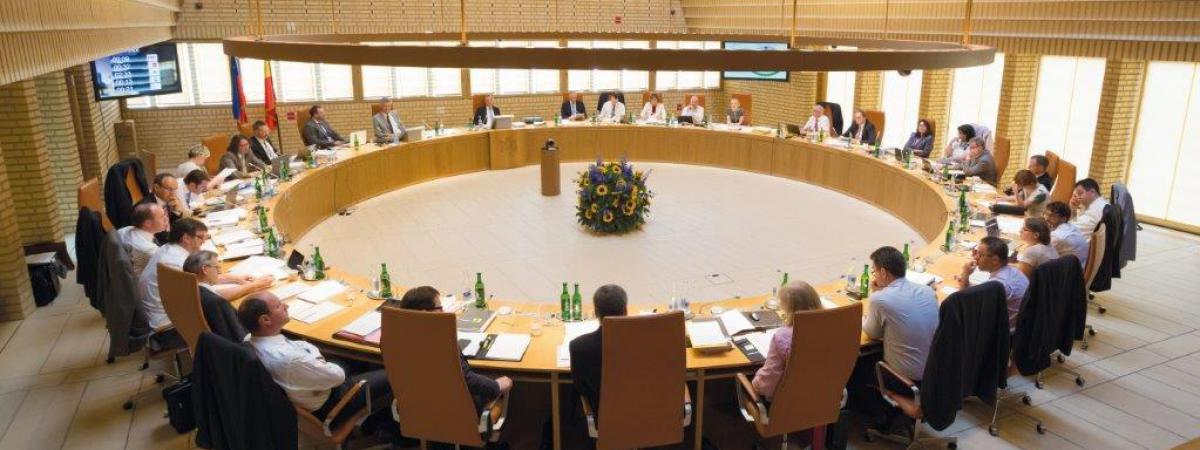
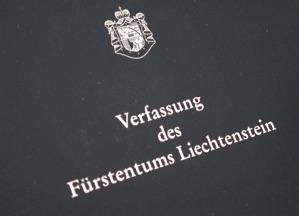
The Constitution
The Principality of Liechtenstein is a constitutional hereditary monarchy on a democratic and parliamentary basis, meaning there is a balance of power between the people and the Prince. Parliament is the legal body representing the entire people and, as such, has the duty of safeguarding and vindicating the rights and interests of the people. According to the Constitution, the people exercise their rights through elections and popular votes, and hold in their power the right of initiative and referendum both on the legislative and constitutional level. In this way, every law passed by the Parliament (Landtag) may be put to a vote of the people unless the Parliament decides the issue is urgent. Voters are also required to participate in elections and popular votes.
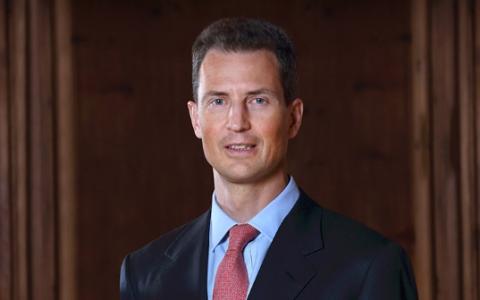
The Prince
The Prince represents Liechtenstein internationally and is highly involved in national politics. Since Liechtenstein has a constitutional monarchy, the Prince's authority is limited because he must rule in accordance with the constitution. However, he is also authorized to enact Princely Orders, which include emergency decrees and suspensions of the Parliament, as long as he obtains the countersignature of the Prime Minister.
Upon the Parliament's recommendation, the Prince appoints the Government Ministers, presidents and vice-presidents of the Constitutional Court and the Administrative court, the judges of the Courts of Justice, Appeals, and the Supreme Court. He also has the right to pardon, reduce/commute sentences and to grant amnesty.
Landtag (Parliament)
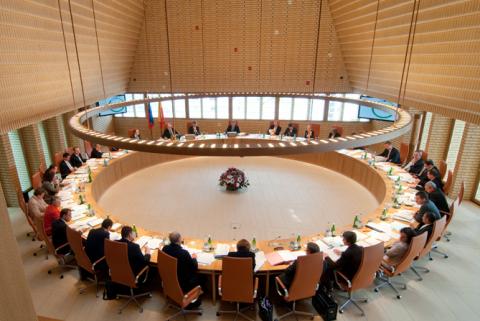
The Landtag is made up of 25 members and is elected by the People according to proportional representation. The Landtag, as well as the people and the Reigning Prince, has the right to propose laws. Members of the Landtag serve part-time, parallel to their private professional careers and receive an income for their position. The Landtag meets eight to ten times a year for a duration of one to three days and almost all meetings are open to the public.
For a law to be passed, the law must successfully be accepted by the Landtag, the Prince, and the People. Without the Landtag's consent, no law can be enacted or amended. Due to Liechtenstein's dualist structure, the Prince must also sanction every law, and if he does not do so after 6 months, the law is considered refused. Every proposed law not deemed urgent by the Landtag can be put to the people through an optional referendum.
Sessions of the Landtag are opened and closed by the Reigning Prince, at which time he ceremonially gives a speech from the throne. Any treaties accepted by the Prince which affect Liechtenstein's sovereign rights, cause new burdens or encroach on the rights of citizens must be presented to the Landtag for acceptance or rejection.
Government Ministers (Cabinet)
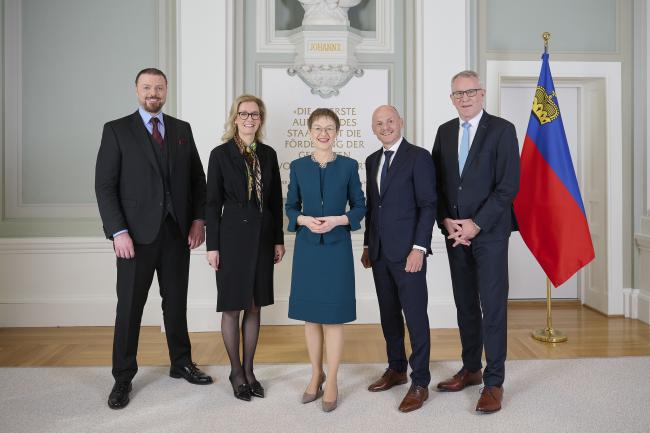
Team of Government Members (from left): Minister Emanual Schädler, Deputy Prime Minister Sabine Monauni, Prime Minister Brigitte Haas, Minister Hubert Büchel, Minister Daniel Oehry.
The Cabinet consists of five ministers, one of whom is the Prime Minister. All five are nominated by the Landtag and appointed by the Prince. The Cabinet posts are limited to native Liechtensteiners. All ministers serve four-year terms.
The Prime Minister is responsible for reporting to the Prince about Government business, countersigning princely orders and laws, and performing the duties assigned to him by the Prince. The other ministers hold fairly wide-ranging responsibilities, and must be present for a decision of the Cabinet to be made.
For more information about the Cabinet Members, please click here.
Judiciary
The Judiciary branch is made up of two sets of Courts. For civil and criminal matters, the Court of Justice, the Court of Appeals, the Supreme Court all have jurisdiction. Cases begin in the Court of Justice, which are argued before a single judge, and then move to the Court of Appeals and the Supreme Court if appealed. The judges of these courts are all elected by the Landtag and appointed by the Reigning Prince.
For the courts of public law there is the Administrative Court and the Constitutional Court. The Administrative Court deals with appeals to decisions made by the government administration. The Constitutional Court deals with matters involving constitutional rights, as well as the constitutionality of treaties and laws. These judges are also elected by the Landtag and appointed by the Reigning Prince.
